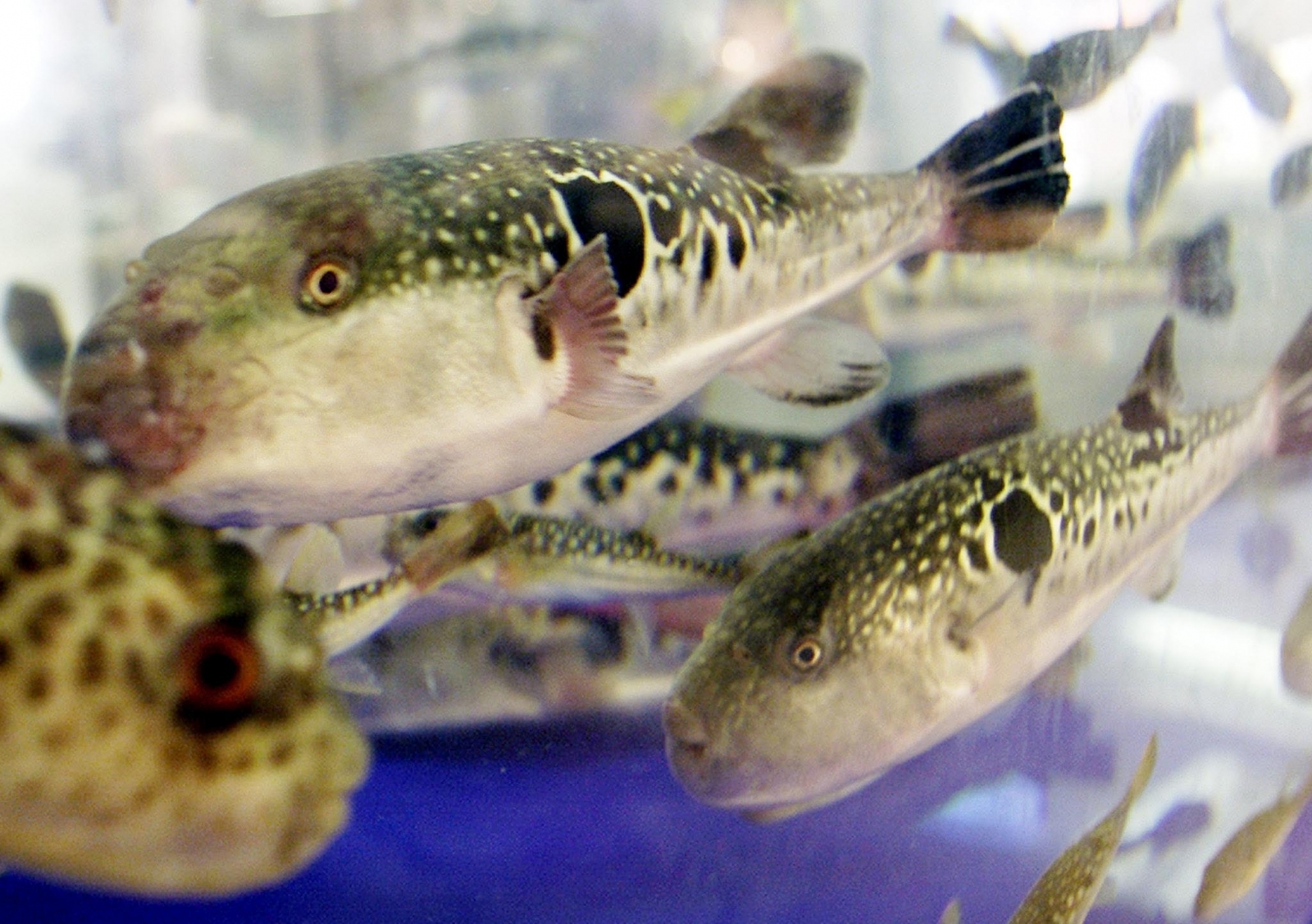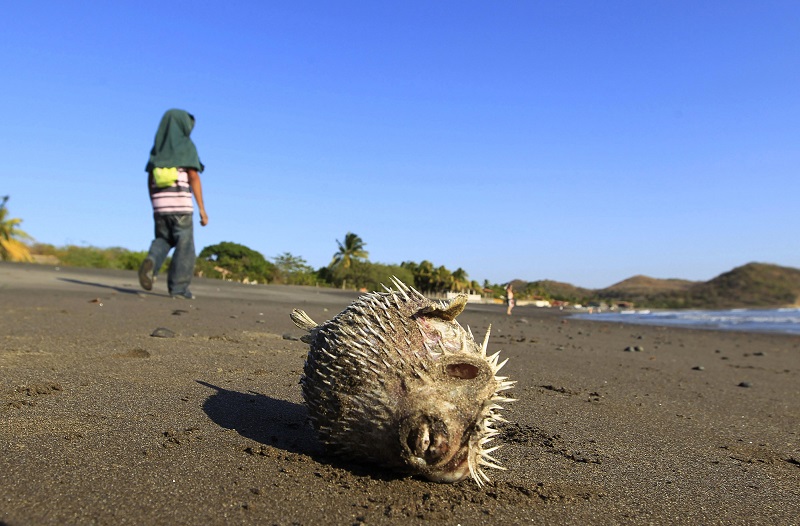Supermarket sold notorious fugu fish to customers – but made one potentially fatal mistake
Five packages of incorrectly prepared pufferfish sold at supermarket in Gamagori.



A Japanese city has warned residents to avoid eating a potentially deadly blowfish that was inadvertently sold to shoppers at a local supermarket.
Panicked authorities in the city of Gamagori are attempting to track down customers who bought five packages of the incorrectly prepared fugu fish. The blowfish is a renowned delicacy in Japan but its liver contains deadly toxins that must be removed by highly specialised chefs before sale.
Two of the packages have been located but three others are still missing, according to municipal official Koji Takayanag.
The city's loudspeaker system broadcast warnings to the city's residents, asking them to avoid eating fugu and to help them track down the remaining packages.
Pufferfish such as fugu are considered winter delicacies and often served by restaurants as sashimi or in a hotpot.
Many consumers, however, are wary of its reputation and some local authorities have called for a ban on its sale. Its skin and liver may contain tetrododoxin, a poisonous chemical which can kill a human in less than 24 hours. The toxin is considered to be 1,200 times more poisonous than cyanide and there is no known antidote.
Japanese chefs must obtain a special licence if they wish to serve the delicacy. Despite this, pufferfish poisoning claims several victims in Japan every year.
"Eating a blowfish liver can paralyse motor nerves and in a serious case cause respiratory arrest leading to death," an official warning reads.
In 2014, 11 members of the same family suffered severe poisoning after they ate incorrectly prepared pufferfish. The Souza family, from Rio de Janeiro in Brazil, were given the fish by a friend who had returned from a fishing expedition and they were unaware of the potential dangers.
The victims, four of whom were young children, were paralaysed before a car could get them to hospital.























